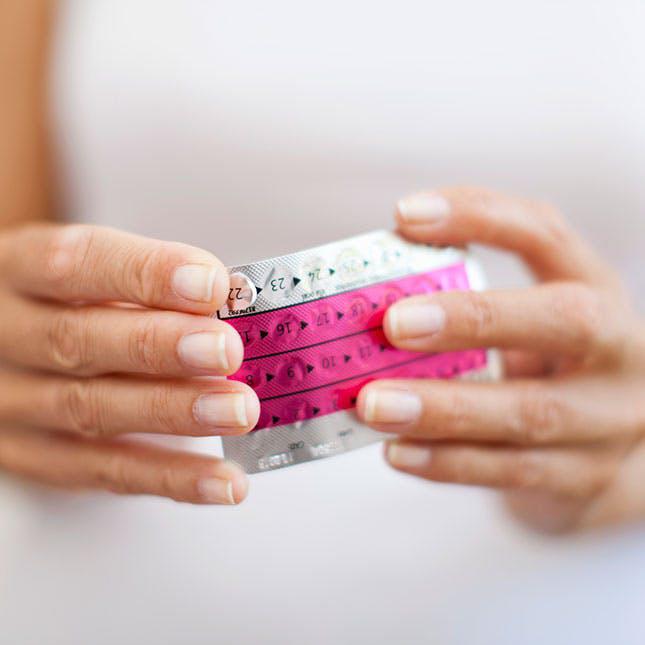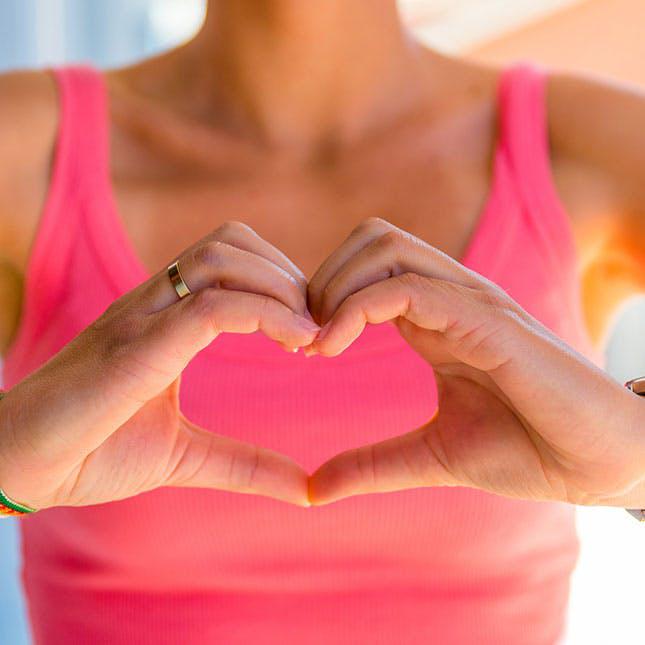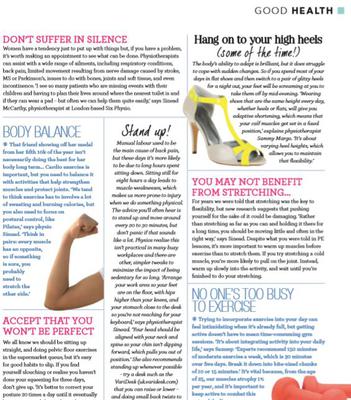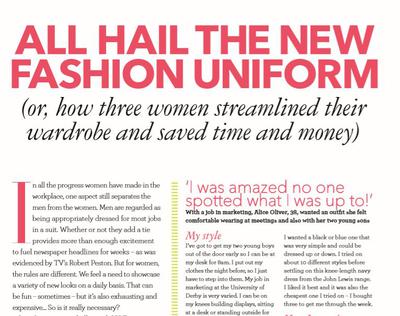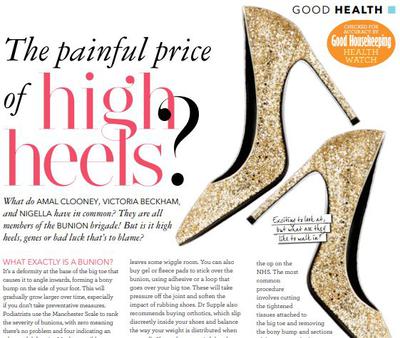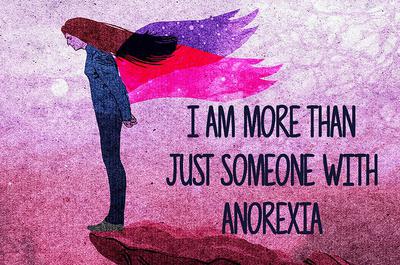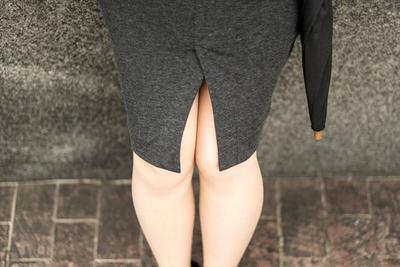
Air Pollution Is the Next Major Health Crisis: Here’s What You Can Do
Of all the things that are good for our health, oxygen is both the number one necessity, and the one we take most for granted. But that could change, since the air delivering that oxygen is becoming increasingly polluted. A study recently published in the journal Environmental Science & Technology Letters found that in 2016, 95 percent of the population lived in regions where levels of air pollution were higher than the World Health Organization’s (WHO) guidelines deemed to be safe. The researchers also found that in 2016, air pollution reduced the average global life expectancy by about a year (and by more than that for highly polluted countries). So what are the health implications, and what can we do? Take a deep breath and read on.


